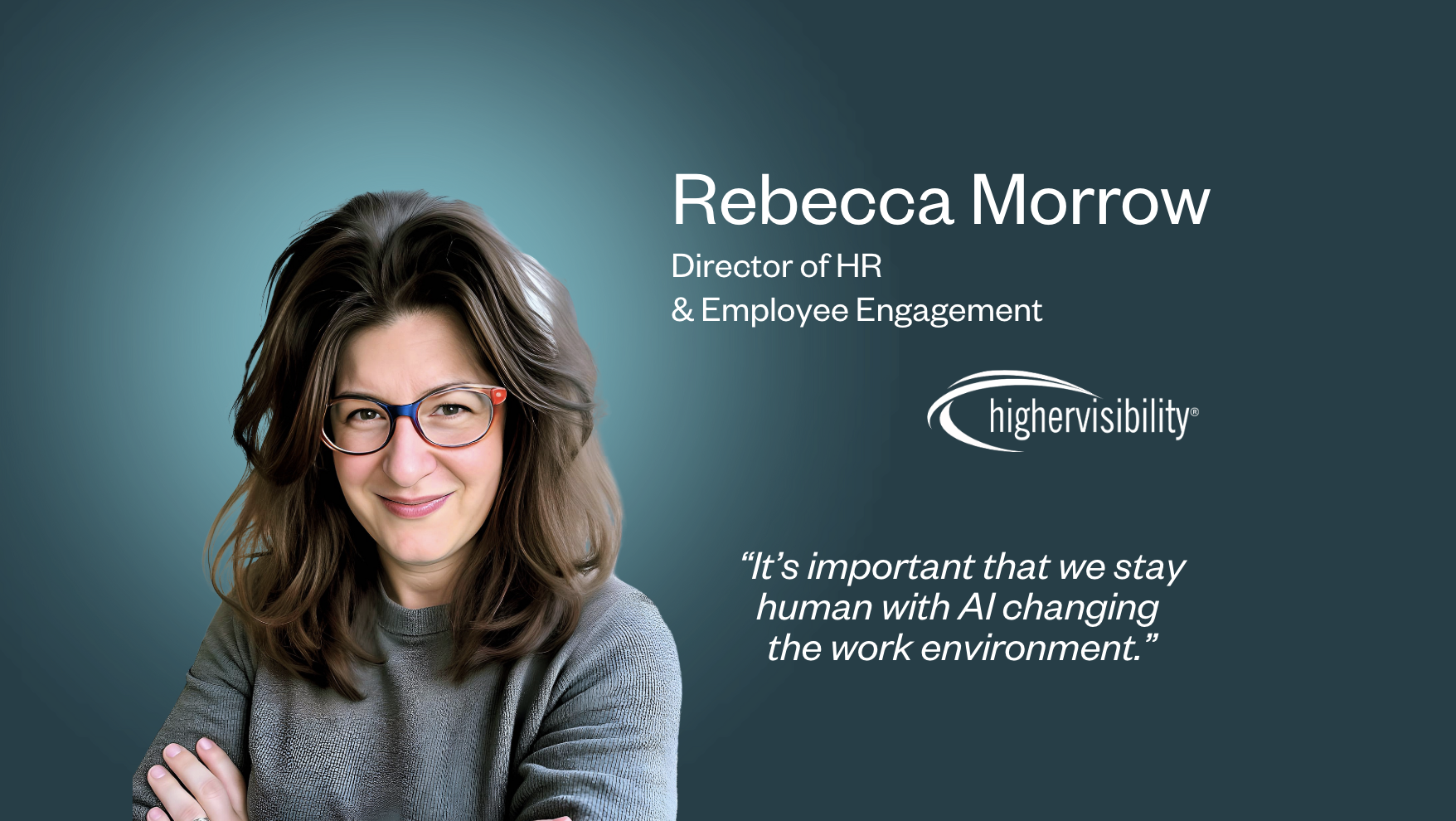Over three years on from initial lockdowns, the global corporate landscape continues to evolve in response to learnings from the COVID-19 era. Whatever your views on the remote vs return-to-office debate, the data indicates a wider preference for hybrid work models, blending remote and office work.
The rise of hybrid work is found to aid in enhancing employee efficiency. This supports the idea that office environments still play a vital role in harmonizing workflow, without the need to enforce in-office roles 5 days a week. For employees, work-life balance is a major factor, with companies who champion flexible work favored by 89%.
Where some companies had existing hybrid models in place before March 2020, they were rare. An advancement of technologies over the last three years, coupled with a shift in attitudes, have played a crucial part in this transition. Organizations are now able to quickly adapt and thrive amidst changing workplace norms.
The role of Artificial Intelligence in HR
Prominent among these notable technological advancements is an increasing global reliance on artificial intelligence (AI). We’re seeing signs of a stronger commitment to AI, such as with the UK government’s ‘Frontier AI’ taskforce. Focused on innovative AI applications, they aim to discover new uses for AI, and address safety risks associated with AI. The implications transcend industry boundaries, expected to make an indelible mark on HR and the management of people.
The benefits of AI for HR are multiple, and still largely unexplored. The power of AI is already being harnessed to help automate aspects of talent acquisition, including screening job applications and identifying non-inclusive language in job adverts. Not only does this expedite the hiring process, it also lays the groundwork for more equitable hiring practices and more inclusive cultures.
An area expected to leverage AI imminently is Learning & Development (L&D). According to the Learning Performance Benchmark report, only 50% of L&D teams have achieved ‘level one stage’ of Organizational Learning Maturity. In a world where half of the workforce must re-skill or upskill by 2025 in order to keep up with shifting demands, this is clearly problematic. Initiatives that focus on state-of-the-art learning technologies and cost-effective training initiatives are necessary for accelerating organizational learning maturity, and emerging technologies will play a pivotal role in this.
How flexible working supports diversity and inclusion
The rise of technology continues to support a move towards flexibility, and as always we should assess everything through the lens of balance.
The global shift to hybrid and remote work is paving the way for our future:
- Research suggests that three days a week in-office is optimal for career growth and idea generation
- Recent reports indicate remote and partially-remote roles are a great way to reduce carbon emissions and slow climate change
- Diverse employees – particularly neurodiverse colleagues – find working from home hugely beneficial
Yet, only a quarter of businesses currently offer fully flexible hybrid working. This discrepancy presents a pivotal area for development and change, and highlights the need to embrace emerging technologies.
On the subject of diversity and inclusion, many neurodiverse employees feel AI tools could further their career progression, underscoring the importance of technology in shaping breakthrough L&D practices. It’s clear that companies must strive for inclusivity, not only in hiring processes, but in their professional development initiatives too.
In the face of technological advancement, HR and ERP software integration promise to streamline operations, boost employee engagement, optimize business processes, and enhance decision-making capabilities. By promoting adaptability, particularly in the technological domain, businesses can foster long-term innovation and growth.
The benefits of AI for HR: looking to the future
The broad consensus is clear: as we navigate workplace transformation in the post-pandemic world, embracing hybrid work models, championing diversity, inclusion, equity, and belonging, and continually reimagining and bolstering L&D initiatives are the driving forces pushing us toward a brighter, more inclusive, and collaborative future of work.
Looking towards the future, the drive towards automating distinct operations hints at an increasingly predominant role for technologies like AI. This necessitates the cultivation of a culture valuing continuous learning, skill-building, and flexibility. Businesses are striving to adapt their workspaces and working styles in accordance with the pandemic-induced changes. Their focus must remain on fostering an environment that nurtures growth, empowerment, and adaptability in the face of unprecedented challenges.



